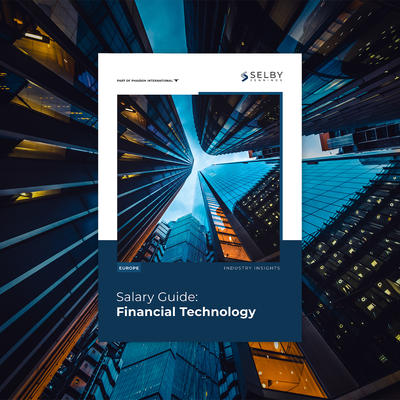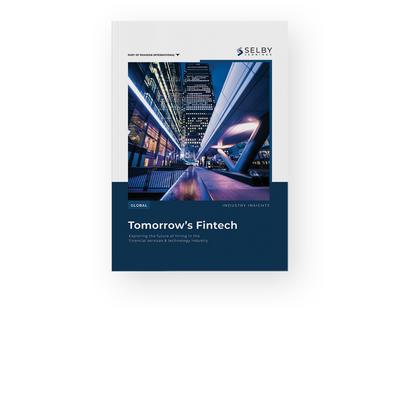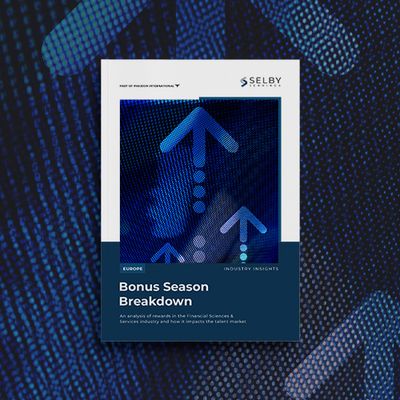financial-technology
The fintech start-up culture in Boston
Boston is fast becoming the hub for fintech start-ups in the US, with the rapid expansion of the sector causing increased disruption in the traditional financial services sector. The financial services industry accounts for 9% of Massachusetts’ gross domestic product (GDP), and yet McKinsey & Company recently published a report stating banks could lose up to 60% of their retail profits to fintech firms in the future. It is even claimed this shift will have a more significant impact on banking’s economics and fundamental business models than the global financial crisis of 2007.Banks could lose up to 60% of their retail profits to fintech firms – McKinsey & Co Global Banking Annual Review 2015Accenture has released figures predicting that, by 2020, more than one third of traditional retail banking revenues could be at risk due to emerging competitors and trends, such as the advent of fintech start-ups.Globally, the fintech sector tripled in value in 2015 to reach over $12 billion. Boston has been helping to fuel this rapid growth thanks to the strong investment by Venture Capital (VC) and private equity firms; many of whom are located in Boston’s famous VC corridor.Fintech sector reached a value of $12.21 billion last year – AccentureThe globally renowned educational institutions in the area also ensure that Boston is developing a highly intelligent candidate pool. These factors have made the city a hot-bed for start-up activity; residents of Massachusetts are regarded as some of the most educated in the country. The state is home to some of the top graduate business schools including Harvard University, Massachusetts Institute of Technology, Bentley University, Boston College, and Boston University.The factors mentioned above have led to Massachusetts being ranked third in the US for the number of data scientists per capita. By the year 2018, the state could be advertising 120,000 big data jobs.Massachusetts ranked 3rd in the US for the number of data scientists per capita – McKinsey & Co and PwC ‘The Massachusetts Financial Services Sector: Talent and Technology – A 2024 Vision’The fintech boomIn Boston alone more than 100 fintech start-ups have emerged in recent years, according to Fintech Sandbox.These start-ups focus on a range of financial services, from investment software to payments systems and hedge funds. Some of the most successful examples include Quantopian, a crowd-sourced hedge fund currently engaging in an aggressive recruitment drive, having already raised tens of millions of dollars in multiple funding rounds; and Cambridge Blockchain , an identity management platform for blockchain systems who recently won $15,000 in the Santander InnoVentures Distributed Ledger Challenge.Some well-established financial institutions are seeking to encourage innovation by teaming up with entrepreneurs and forging a strong fintech start-up community. Fintech Sandbox, for example, is a non-profit organization that teams start-ups with free data from big companies and is funded by the financial services giant Fidelity, while the Digital Federal Credit Union (DCU) has created the DCU Center of Excellence in Financial Services (DCU CoE) to offer fintech start-ups a physical space for work, support and mentorship.The draw of the start-upAs fintech start-ups build momentum, they are attracting an increasing number of high-profile, experienced financial services professionals.Established banks, hedge funds, asset, and investment management businesses are beginning to lose top talent to these start-ups. Senior candidates with experience and a strong financial network are embracing the flexibility offered by these new employment opportunities. The decision boils down to two key considerations:There is less hierarchy within start-ups and therefore career progression and an ability to dictate the future of a company is easierCandidates are often offered equity as part of their deal, meaning they have a vested interest in the future of the companySenior candidates are becoming less interested in joining larger corporations as the perceived ‘glass ceiling’ culture can restrict their career progression. Conversely, within start-ups they are able to earn a decent wage, gain respect, and place at a higher position based on their own merit.Competition between fintech and traditional financeFor senior candidates making the move from traditional financial services to new fintech start-ups, money is often not a significant factor in negotiations; many have already reached financial highs in traditional finance, having received significant bonuses and/or sold shares. The lower salaries offered by fintech start-ups are therefore not an issue – rather it is the skills and experience these candidates will be able to draw upon that makes a career at a start-up a particularly attractive option for them.Well-established financial institutions are finding it increasingly challenging to retain top talent by simply offering a higher-profile position. They cannot implement an internal restructure as easily as start-ups can. Lucrative bonuses may be offered instead as an attempt to keep hold of talented individuals, but more often than not, these are paid over a specific timeline to ensure long-term commitment.A new avenue of opportunityEstablished financial centres can still offer job security, high salaries, and structured career progression. In addition, substantial experience at a big-name company will never fail to add gravitas to any senior candidate’s résumé.However, fintech start-ups present an attractive option thanks to the greater level of flexibility they afford, the potential of a more powerful position, and a significant equity package. They also offer more exciting work in emerging financial sectors, which could potentially align more closely with the candidate’s own social conscience.Real-world perspectiveOne of Selby Jennings’ exclusive fintech start-up clients believes that the current wave of fintech companies is only the tip of the iceberg, hinting at huge potential growth for the future.“Further growth is still up for grabs. For example, the majority of the marketplace lending platforms are not accepting anyone who has a FICO score of 660 or lower, but 56 percent of consumers in the United States carry a subprime credit score. More than 50 million people have a thin or non-existent credit file. Within that group however, there are people with a strong cash asset and an outstanding debt-income ratio, which makes them great loan applicants, often misrepresented by FICO scores. Aside from lending, there are also different financial products including currency exchange, cross border financing, and so on that haven’t been fully explored by technology companies.”This future growth also presents a major opportunity for innovation. “When Lending Club and OnDeck went public, people started to see how technology can help companies to develop business by eliminating inefficient processes in the financial sector. However, there is no player in the space that yet demonstrates the ability to establish industry wide standards and integration. Companies that have the resources to develop such standards would ultimately dominate the industry.”One of the major challenges facing fintech start-ups in recent years has been global outreach, leading to an intensification of domestic competition. “Due to the regulations and risk in exchange rate fluctuation, companies are still trying to identify the appropriate strategy for their expansion plan into different countries,” concludes our client. “This presents tremendous opportunity for both existing and new players in the space.”Skills of the futureThe growing impact of fintech in the Boston area and beyond is leading to an increased demand for skills in compliance functions, risk, regulation, and knowledge analytics. While traditional financial services firms are still seeking to hire, fintech start-ups are an exciting new avenue for senior financial services candidates to explore.For further insight on the financial services industry in the US, and the recruitment opportunities it presents, contact Selby Jennings today.-----------About UsSelby Jennings is a leading specialist recruitment agency for banking and financial services. For more than 15 years, we have given clients and candidates peace of mind that the recruitment process is in expert hands. Our continual investment in best-in-class technologies and consultant training enables us to recruit with speed, precision and accuracy. Today, Selby Jennings provides contingency and retained search recruitment across 11 offices in 6 countries. Contact us to find out how Selby Jennings can help you.
Read More















